When I first found out about Nreal, back in the spring of 2018, the most interesting thing about the company's story was the founder's background. Chi Xu, the CEO and founder of Nreal, previously worked at Magic Leap as a software engineer.
Earlier this year, when I met Xu a second time in Barcelona, Spain at Mobile World Congress (our first meeting was last year, in Silicon Valley), I asked him why he decided to leave Magic Leap. He declined to answer that question.
Now, as Magic Leap has pointed its legal arsenal at Xu and his company, it looks like at least some of the unanswered questions about Nreal will be answered in court. In the meantime, it worth looking at a timeline of Xu's path to try to give a fuller picture of how Nreal came to be.
2003 – 2007
Xu attends Zhejiang University and earns a degree in electrical computer engineering.
2007 – 2014
Xu earns a Ph.D. in electrical computer engineering from the University of Minnesota-Twin Cities, located in Minneapolis, Minnesota.
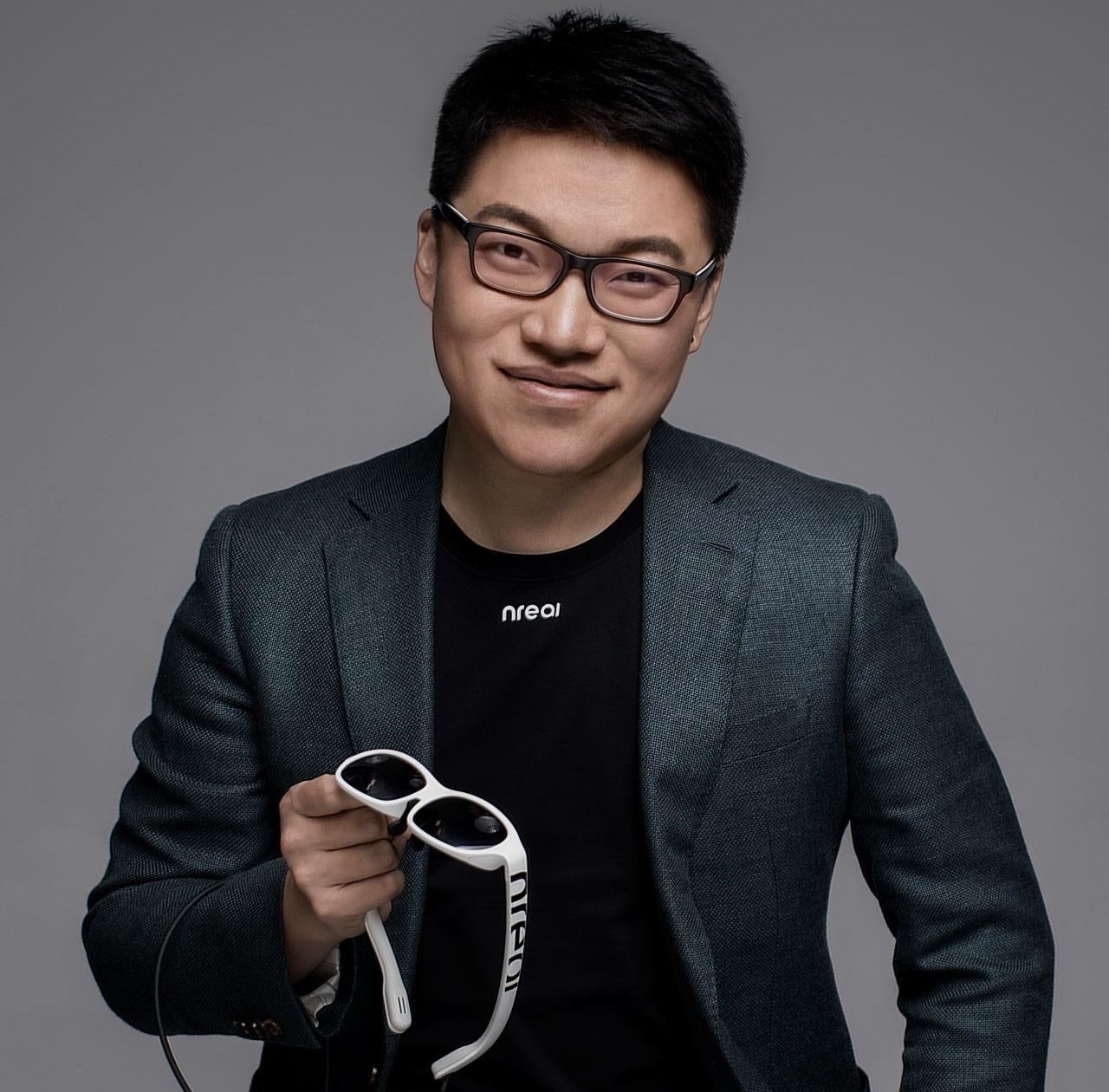
2008
Xu spends about five months working as a research assistant at Northwestern University.
2009
Xu fulfills a similar research assistant role at the University of Michigan.
2010 – 2014
Xu serves as a research assistant for about four years at the University of Minnesota.


2014 – 2015
Xu moves to Silicon Valley (specifically, Santa Clara, California) and works as an intern for chip maker Nvidia for about five months.
2015 – 2016
Xu then spends just a little over a year working at the then ultra-secretive startup Magic Leap. In its lawsuit, Magic Leap claims he started working there "on or about July 27, 2015." In the new lawsuit filing, Magic Leap claims Xu signed a confidentiality agreement (specifically, a "Proprietary Information and Inventions" agreement), which contained "a broad prohibition against the unauthorized use or disclosure of the defined confidential and proprietary information both during and after Mr. Xu's employment."
The lawsuit, filed June 17, 2019, further states: "During his tenure of employment with Magic Leap, Mr. Xu had access to much of Magic Leap's confidential information spanning all phases of its research and development efforts, including such areas as software, hardware, product design, form factors and ergonomics, component sourcing and supply chains, vendors, componentry, bills of materials, unreleased products, and marketing."
2017
In the year following his work at Magic Leap, Xu launches Nreal (also known as Hangzhou Tairuo Technology Co.).

2018
An early version of the Nreal device, a pair of glasses attached to a laptop, is shown off at the AWE conference. It's bulky and only demonstrates the ability to watch two-dimensional content (videos, movies, games) in augmented reality.

2019 – January
At CES in Las Vegas, Nreal begins showing off the Nreal Light, a new device that's tethered to a hip-mounted computer and allows the user to view 3D objects by using a handheld, wireless controller.
Like Magic Leap, one of Neal's main demonstration images is a large augmented reality whale (shown below), a fact noted in Magic Leap's lawsuit.
During the CES event, the company also announced a $15 million Series A funding round led by Beijing-based Shunwei Capital (an investment firm started by Lei Jun, the founder of smartphone giant Xiaomi), China Growth Capital (CGC), APlus (aka Hongtai Capital Holdings), Siasun, and Beijing-based iQIYI, one of the largest video streaming companies on the planet.
2019 – February
Nreal reveals an updated version of the Nreal Light that uses an Android smartphone as the computing module instead of a specially made hip-mounted computer. "We talked to Qualcomm, and we ended up making this happen over the last few months," Xu told me, as he demonstrated the new system. "This will make the product more affordable and accessible because everybody has a smartphone."
One of the key passages in the Magic Leap lawsuit focuses explicitly on the Nreal Light and indicates that it is a direct copy of one of Magic Leap's internal designs.

"During the course of his employment, and specifically during 2015 and 2016, Mr. Xu was aware that Magic Leap had produced multiple conceptual designs for spatial computing products (including, without limitation, glasses and peripherals). These designs represented a range of internal research and development efforts aimed at forming a pipeline of potential products for evaluation of market potential including, without limitation, prototype products and technologies that are not dissimilar (whether in whole or in component part) from the Nreal Light," reads the lawsuit.
"The resulting product, as demonstrated at CES and on publicly available videos, bears a striking similarity to the confidential designs that Magic Leap had under development before and during the time that Mr. Xu worked at Magic Leap, but which were not ultimately commercialized or publicly released."
But the allegations don't end at assertions of idea theft. Magic Leap's lawsuit asserts that Xu was actively engaged in hunting down Magic Leap's secrets while working there, all with the intention of stealing those ideas for his own company.
"During the course of his employment with Magic Leap, on information and belief, Mr. Xu made the decision to leave Magic Leap and move to China for the purpose of establishing with others a company that would compete with Magic Leap in the field of spatial computing and would leverage his knowledge of Magic Leap confidential information, including the confidential designs," the lawsuit states.
"During this time, Mr. Xu neglected his work duties at Magic Leap and participated in internal meetings not directly necessary to his assigned work. On information and belief, Mr. Xu engaged in this conduct to acquire additional confidential information, including the confidential designs, he could later use for the benefit of the competing company he planned to start and to the detriment of Magic Leap."
Not only does Magic Leap accuse Xu of stealing its trade secrets to build a new augmented reality headset, according to Magic Leap, he even stole the company's font. "Mr. Xu's goal of appropriating Magic Leap's reputation and image is manifested in his blatant copying of Magic Leap's proprietary font in the Nreal logo," the lawsuit states.

In recent months, I've had the opportunity to ask Magic Leap representatives if they had any thoughts on Nreal Light. Predictably, none of the company's reps would weigh in on the startup. But given Xu's history as a former employee at Magic Leap, it's hardly surprising to see a lawsuit arise now, in an attempt to establish some connection to his past there and his new startup.
If successful, Nreal could effectively snatch the very market Magic Leap has invested billions of dollars in and nearly a decade working on, that is, mainstream users who might be ready and willing to don a pair of truly immersive augmented reality glasses that almost look like a pair of regular shades.
Based on Nreal's deep-pocketed backers, Magic Leap's lawsuit against the fledgling company isn't likely to end quickly or easily, as Xu's resources appear to extend into the deepest reaches of China's tech elite.
Update, Wednesday, June 26: Nearly a week after our first report, Nreal finally responded to the allegations from Magic Leap. "We have heard about the recent media reports regarding Nreal and Magic Leap," said an Nreal spokesperson in response to questions from Next Reality. "Nreal believes that the accusations are false and anticompetitive in nature. Without additional information we're not able to provide further comment."
Just updated your iPhone? You'll find new emoji, enhanced security, podcast transcripts, Apple Cash virtual numbers, and other useful features. There are even new additions hidden within Safari. Find out what's new and changed on your iPhone with the iOS 17.4 update.



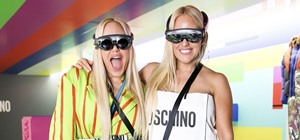
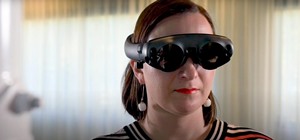
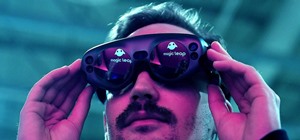
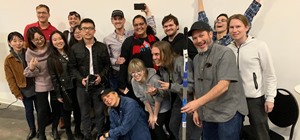
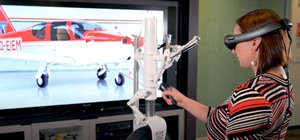
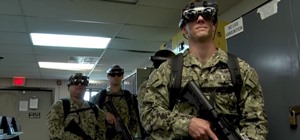




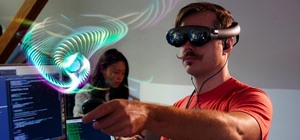
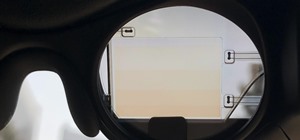
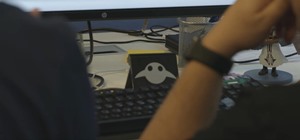
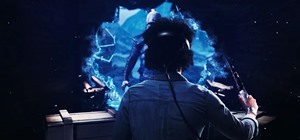
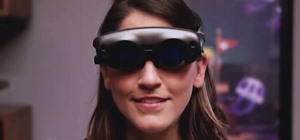

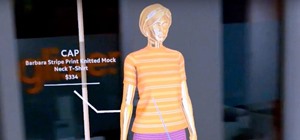

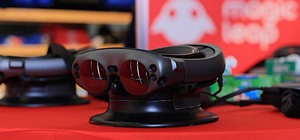

Be the First to Comment
Share Your Thoughts